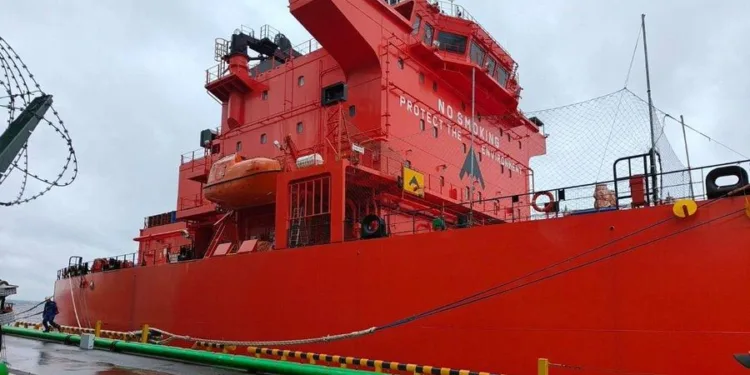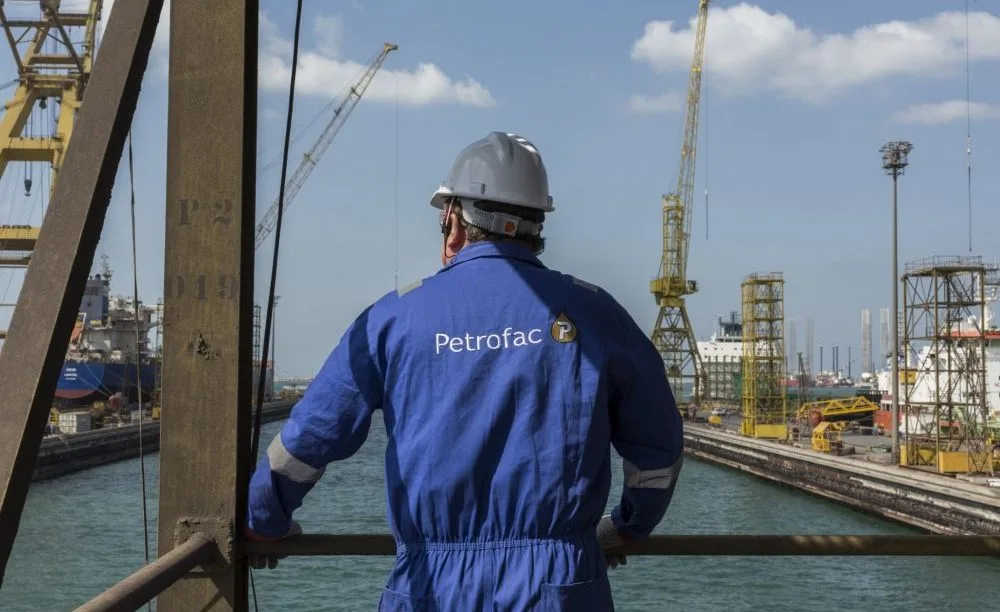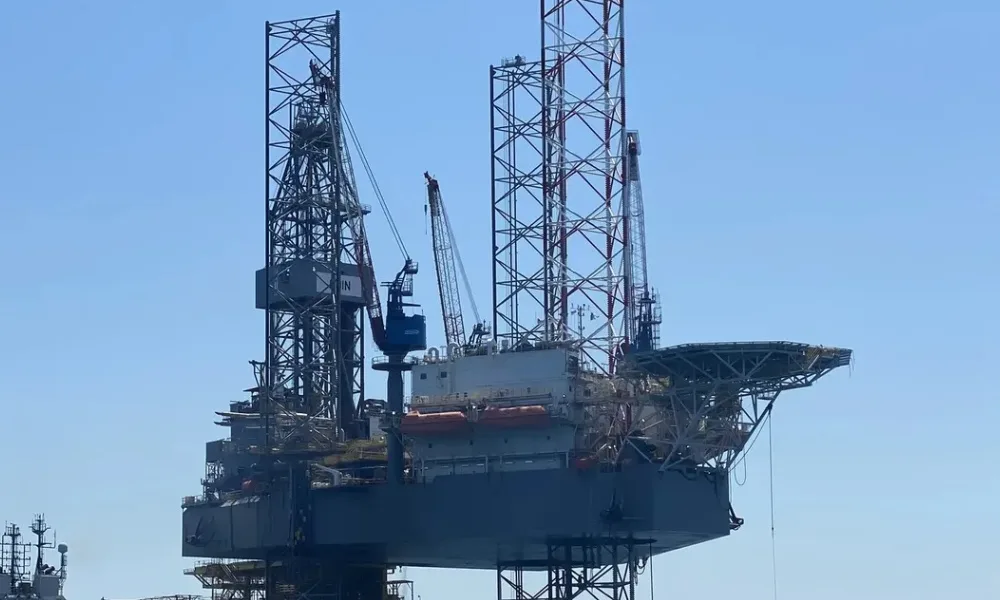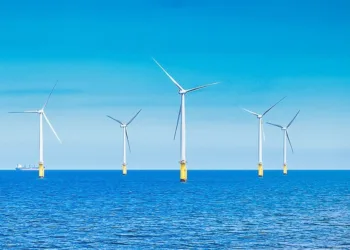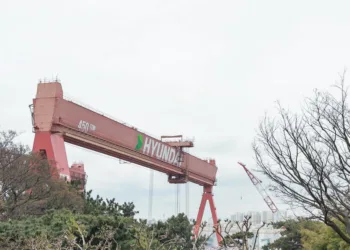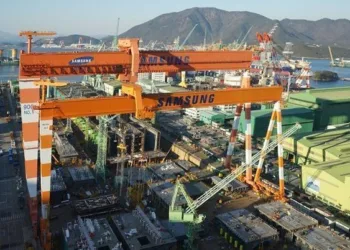Reuters reported yesterday that Russia has imposed a sudden halt on foreign oil tanker loadings at its key Black Sea export hubs, citing a new port security decree that requires Federal Security Service (FSB) clearance for all foreign vessels — a move poised to disrupt over 2% of global crude supply.
The restriction, which took effect immediately following president Vladimir Putin’s executive order earlier this week, is impacting operations at Novorossiisk and the Caspian Pipeline Consortium (CPC) terminal at Yuzhnaya Ozereevka. The CPC handles over 80% of Kazakhstan’s crude exports.
Until now, FSB clearance was only required for ships entering ports near Russian naval bases. Under the new rules, all ships “en route from foreign ports” will be required to secure authorisation from an official representative of the FSB in coordination with the port captain.
The clampdown follows recent port mishaps — including explosions, sabotage incidents, and drone attacks — that have threatened Russia’s oil infrastructure. Officially, authorities cite regulatory violations, but the timing aligns with heightened domestic security measures and escalating Western sanctions targeting Russia’s energy sector.
There has been a string of unexplained explosions targeting tankers linked to Russian trade, some occurring thousands of kilometres from Russian shores, most recently aboard StealthGas’s ammonia tanker Eco Wizard at the Ust-Luga energy hub earlier this month. That blast—officially described as a “minor leak”—triggered the evacuation of the vessel and temporary port closure. Damage inspection revealed large holes in the hull, with metal bent inward, fuelling speculation of an external attack.
Maritime security experts and Western intelligence services have speculated that Ukraine may be escalating a covert sabotage campaign aimed at disrupting Russian oil exports.
The Eco Wizard blast followed similar incidents in February, when the Turkish-owned Koala was rocked by three explosions at Ust-Luga, and in June, when the Vilamoura, a suezmax managed by TMS Tankers, was hit after calling at Russian ports.
The Ust-Luga incidents are part of a growing list of maritime explosions involving tankers linked to Russian trade, including outside the Baltic. In recent months, explosions on the Seajewel and Seacharm (both aframaxes managed by Thenamaris) in the Mediterranean, as well as the Grace Ferrum off Libya, have raised alarms among maritime security experts, many of whom suspect the use of limpet mines.
In December 2024, the Ursa Major, a Russian general cargo ship, sank in the western Mediterranean following an underwater explosion. While official statements have often downplayed these events, local authorities and international observers increasingly view them as a coordinated campaign against Russia’s export of fossil fuels.
Last week, Russia’s state-run port operator FSUE Rosmorport announced a RUB3.16bn ($39.5m) tender to inspect the underwater sections of vessels at key Baltic Sea ports amid mounting concerns over maritime sabotage.



